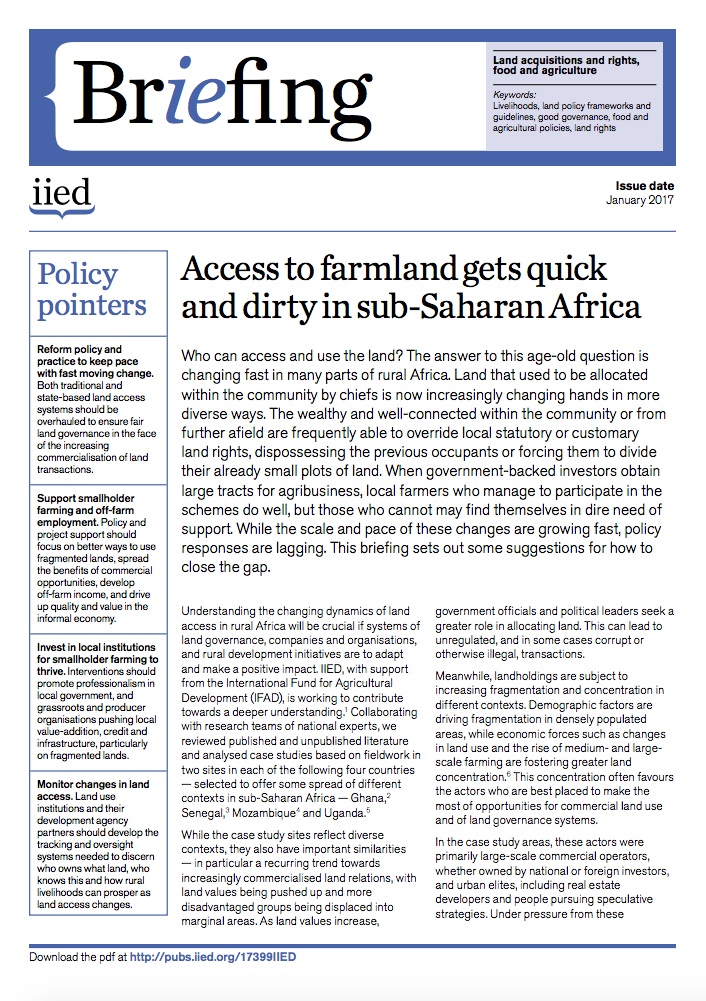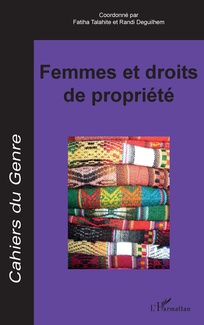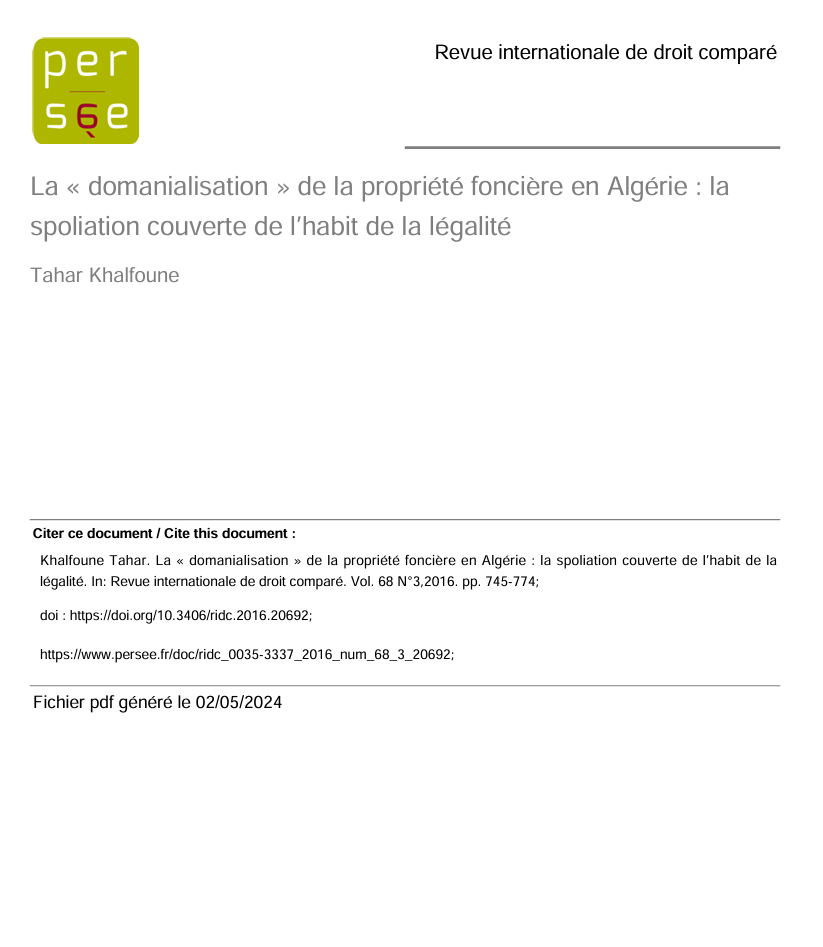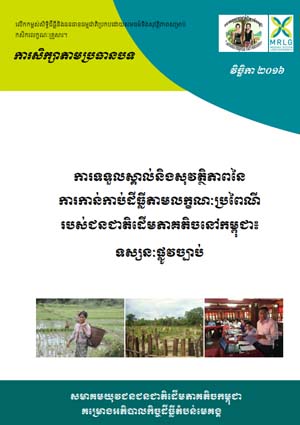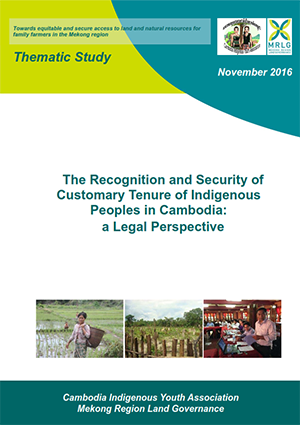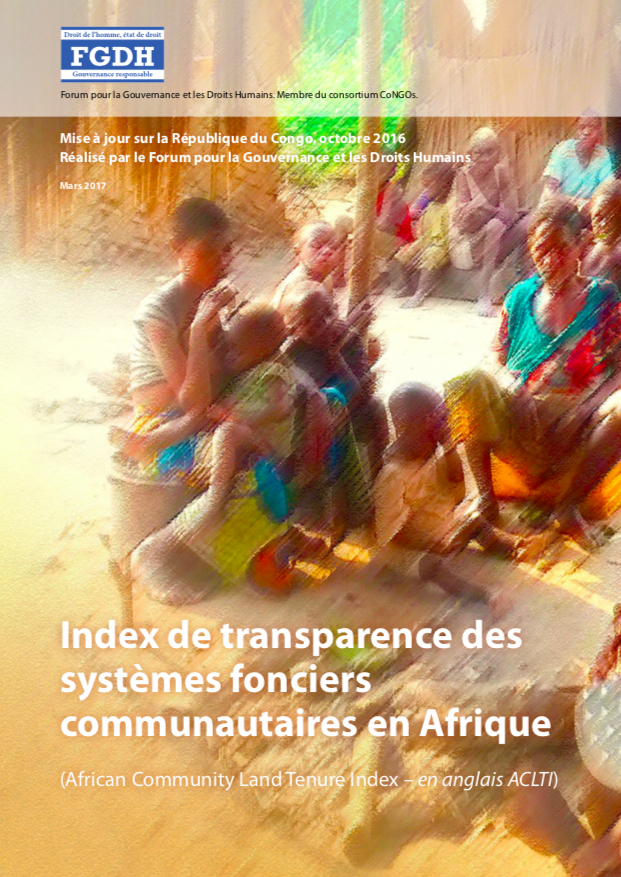Access to farmland gets quick and dirty in sub-Saharan Africa
Who can access and use the land? The answer to this age-old question is changing fast in many parts of rural Africa. Land that used to be allocated within the community by chiefs is now increasingly changing hands in more diverse ways. The wealthy and well-connected within the community or from further afield are frequently able to override local statutory or customary land rights, dispossessing the previous occupants or forcing them to divide their already small plots of land.

